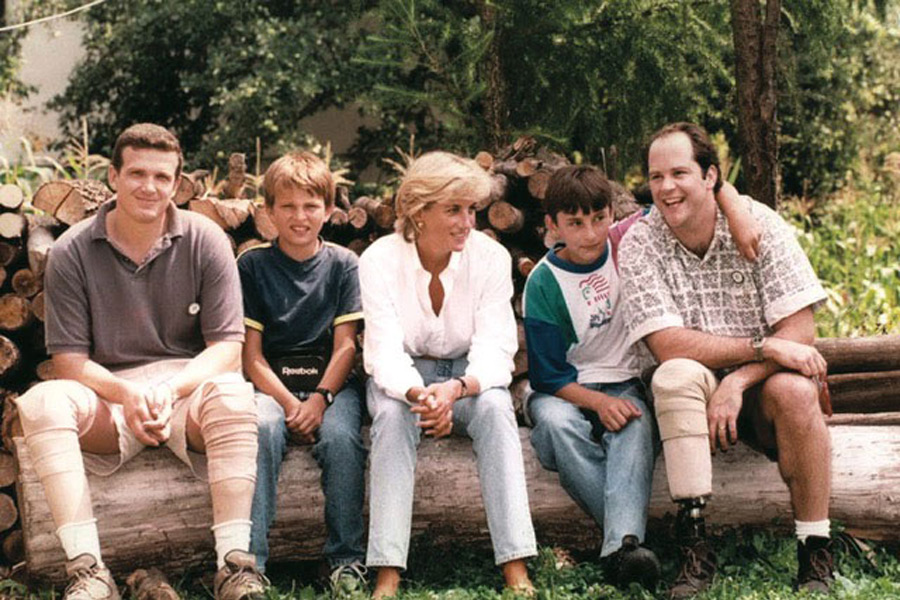
His mission took him around the globe, connecting with thousands of survivors and working with other activists, including the late Princess Diana. Jerry’s Landmine Survivor Network became an instrumental voice in the International Campaign to Ban Landmines, and his dedication to the cause earned White a Nobel Peace Prize in 1997.
At an MBA workshop in October, the activist, social entrepreneur, and Gabelli School Fellow shared his views on what it means to be a survivor and how, in the face of hardship, individuals can seize opportunities to become stronger leaders.
“I never knew the word ‘landmine’ until I stepped on one,” White said at the event, which was part of the Gabelli Plus Lecture Series. “I never knew what it meant to negotiate a treaty. No one told me how to get out of a minefield or be resilient or ban landmines around the world. I’m an ordinary guy who committed to action, wrote letters and a couple of speeches, and then organized survivors. Then it grew and bloomed to something that was globally transformative.”
Using his own experience as an example, White asked students to imagine themselves at a hypothetical low point—caused by financial stress, relationship issues, or pressures caused by the pandemic. What words came to mind? Most students responded with answers like “powerless” and “trapped.” White encouraged them to flip the script and instead to view these experiences as necessary to their journey.

Reflecting on the characteristics and behaviors that lead people to respond to adversity as either victims or survivors, White concluded that acceptance and the will to move on are key to being resilient in the face of hardship.
He advised students to stay true to their personal values and embrace the joyous side of life and explained why raising themselves out of victimhood is vital to their success.
“As human beings—each of us with power—we have an innate ability to commit to action when we get out of our own way,” White said. “Committing to action, not just thinking and talking, is what makes ordinary people do extraordinary things.”